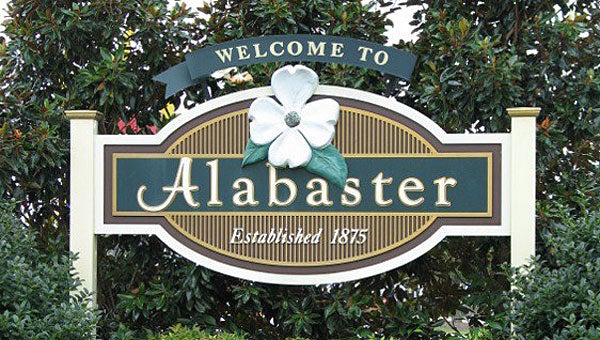Alabaster sales tax revenues seeing revival
Published 12:09 pm Tuesday, June 25, 2013

Alabaster’s sales tax revenues have seen a rise over the past few years, and recently slightly topped 2008 numbers. (File)
By NEAL WAGNER / City Editor
Alabaster Mayor Marty Handlon said she is cautiously optimistic after the city’s sales tax revenues topped 2008 levels for the first time at the end of May.
“We’ve got a long way to go to get to where we once were as a county and as a city, but I think it’s a step in the right direction,” Handlon said. “We are trending in the right direction, though. If the trend continues for the rest of the (fiscal) year, we will reach our projections.”
Alabaster’s sales tax revenues so far this fiscal year are at their highest levels since the nationwide economic downturn hit in 2008.
Through May, Alabaster’s sales tax revenues were up by about $50,000 compared to the same time period during the 2008 fiscal year, according to Alabaster City Manager George Henry.
Alabaster’s fiscal years run from October-September annually.
From 2008-2010, the city saw a double-digit-percentage dip in its sales tax collections after the economic recession hit.
Henry, then in his first year with the city, said he adjusted the city’s budget by a few hundred thousand dollars during the 2010 fiscal year to make up for the economic dip. Since then, he has instituted updated revenue-projection models to more accurately predict the city’s yearly sales tax income.
In 2012, Alabaster saw an about 5-percent increase in its sales tax revenues compared to the 2011 fiscal year. So far this fiscal year, sales tax revenues are up by about 3 percent over the 2012 fiscal year.
If Alabaster continues its current sales tax trend for the 2013 fiscal year, it will exceed budget projections by about 3 or 4 percent, according to Henry.
Handlon said Alabaster has had to defer replacing some city equipment and infrastructure over the past few years as a result of the economic downturn.
“Hopefully, we will be able to start making a dent in that if this trend continues,” Handlon said. “But we’ve got to continue to be conservative, because we don’t know what may happen tomorrow.”





